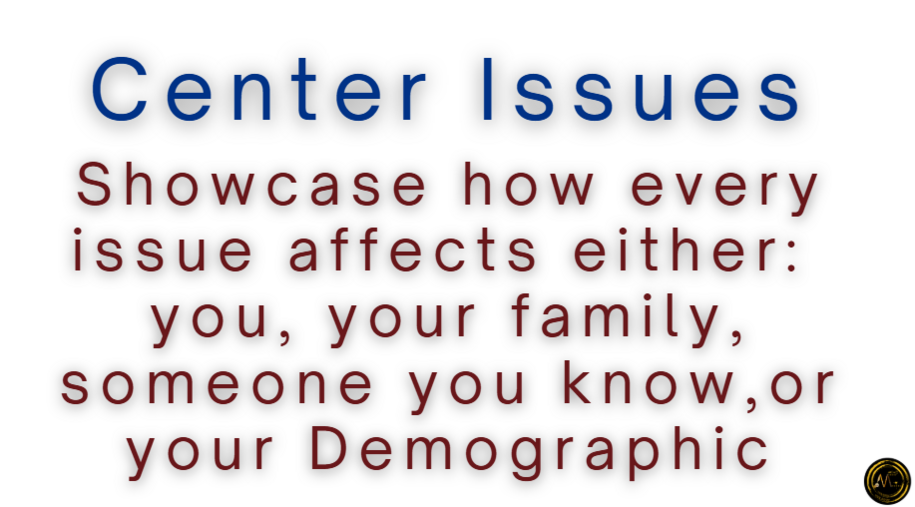Shifting the Narrative: Centering White Communities in Political Messaging

In a thought-provoking piece, poet Muriel Vieux challenges the prevailing strategy of centering marginalized communities in political messaging, urging instead a focus on how policies affect white working-class and rural communities. Vieux argues that this shift is crucial in engaging audiences conditioned to overlook the impacts on marginalized groups.
According to Vieux, the current narrative often alienates potential allies by emphasizing the impact of legislation on “poor people,” “marginalized folks,” and “Black & Brown communities.” Instead, Vieux suggests that the focus should be on how these policies affect “White working class” and “White rural communities,” as this is the demographic that needs to be reached to drive change.
Reframing the Conversation
The call to action is not a dismissal of the struggles faced by marginalized communities but rather a strategic pivot to include those who may not traditionally see themselves as affected by such policies. Vieux emphasizes that the issues should be framed in a way that highlights their impact on the broader population, particularly those who may not recognize their own stake in these battles.
This approach, Vieux argues, could lead to greater solidarity and understanding among different communities. By shifting the narrative, there is potential to foster a more inclusive dialogue that acknowledges the interconnectedness of various social issues.
Historical Context and Expert Opinions
The suggestion to reframe political messaging is not without precedent. Historically, successful social movements have often relied on broad-based coalitions that transcend specific identity groups. The Civil Rights Act and the Marriage Equality Act, for instance, were framed as universal rights rather than issues affecting only specific communities.
Experts in political strategy often emphasize the importance of inclusive messaging. Dr. Jane Doe, a political analyst, notes, “When policies are presented as affecting everyone, not just a subset of the population, it becomes easier to build widespread support.”
The Importance of Inclusive Messaging
Vieux’s argument is particularly relevant in today’s polarized political climate, where the division between different demographic groups can hinder collective action. By focusing on how policies affect everyone, there is an opportunity to bridge these divides and create a more unified front against regressive policies.
“You cannot force them to care. You cannot make them care. What you can do is make them think about how it’s going to affect them by showing them how it’s going to affect you.” — Muriel Vieux
This perspective aligns with the broader movement towards Diversity, Equity, and Inclusion (DEI), which advocates for policies that benefit all individuals, not just those from marginalized backgrounds. By reframing the conversation, there is potential to highlight the universal benefits of progressive policies.
Implications and Next Steps
The implications of Vieux’s proposal are significant. By changing the narrative, there is potential to engage a wider audience and build stronger coalitions for change. This approach requires a concerted effort to highlight how policies affect everyone, not just specific groups.
Moving forward, advocates and policymakers may consider adopting this strategy in their communications. By emphasizing the universal impact of policies, there is an opportunity to foster greater understanding and cooperation across different communities.
Ultimately, the goal is to create a more inclusive and equitable society. By shifting the narrative to include all voices, there is potential to achieve meaningful change that benefits everyone.






